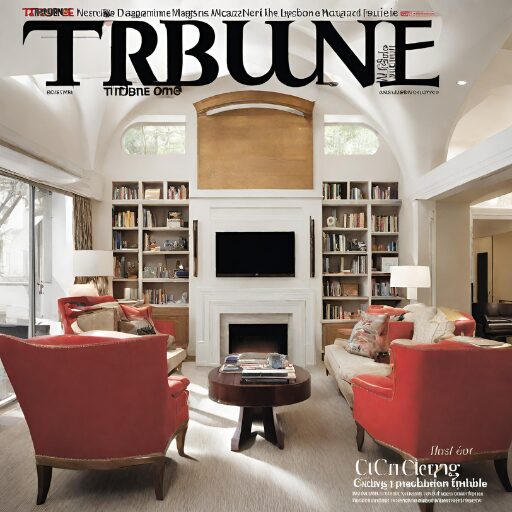Be concise
Less definitely means more. When you are answering and email you don’t have to include the original message as well. The person that sent it to definitely has a copy of the message, and if you are planning to say just “so do I”, it really wouldn’t make sense.
Experts say any message of more than 100 lines is considered long and it will probably end up not read. Some companies are taxed for every second of internet connection, so they will not gladly accept messages that are too long.
Be careful with attachments
They are a great invention, but they should be used carefully. If you send a short message as attachment, you will certainly annoy the reader. He will open your email, wait for another program to open the attached document, and find out that you only wrote in the attachment that you will all meat at 20 at some restaurant. if an attachment is required, let the recipient know what it contains. Attachment with strange extensions can contain viruses.
Be careful when you send mail to multiple recipients
Before doing this, ask yourself if every person in your list really wants to find out details about how you spent your weekend. Recipients will get annoyed if the information is of no interest to them. It can even be considered spam if repeated many times.
And also, remember all the addresses you have in you address book before sending the email. Some years ago, an employee forgot the addresses in his address book and sent a message in which he critiqued the boss. The message got to the boss as well and, of course, the employee got fired.
Be careful how you write
Emails that are too familiar are not appreciated by everyone, and “john doe” emails are not appreciated at all. If you are not addressing a person you know, don’t use short phrases. you shouldn’t use the quite emoticons either, that might seem too forward. Then check your text to correct the misspellings. Emails with lots of mistakes don’t look to good and make a bad impression.
Formatting problems
Not all email programs are simple, so keep the simplest format possible. Maybe the recipient cannot see the green font and the flower send by you. Email is for communication, not a design exercise, so keep it simple.
Starting and finishing
Don’t start a message with at least a simple “Hello”. Lots of people jump right to the subject. It doesn’t have to be formal, just something polite. “Dear” or “hi” are very appropriate. At the end “Sincerely” might seem too formal so use “All the best” or “Yours truly”.

